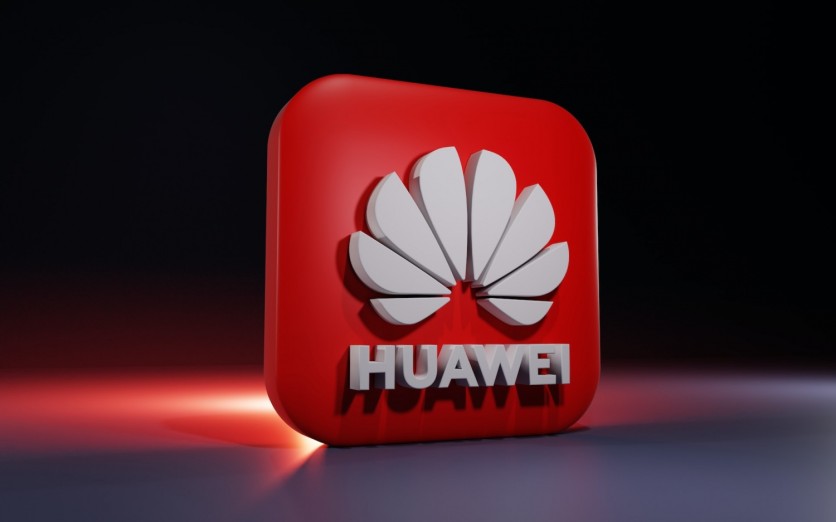
Ren Zhengfei, the founder and CEO of Huawei Technologies, continues to express his admiration for Apple, emphasizing his stance against foreign brand "xenophobia."
Despite the intense rivalry between Huawei and Apple in the global smartphone market, Ren considers the Cupertino giant a source of valuable insights.
Apple as a Learning Opportunity
Speaking at the Huawei-sponsored International Collegiate Programming Contest, Ren shared his perspective with university students and academics. He acknowledged that Huawei frequently examines what makes Apple's products exceptional, recognizing the disparities between the two tech giants.
In a report by SCMP, the CEO also revealed a personal connection to Apple, mentioning that his daughter used Apple products while studying in the United States. This reference likely pertains to his youngest daughter, Annabel Yao, who attended Harvard University from 2016 to 2020.
Ren's admiration for Apple extends back to May 2019, when he lauded the company for its privacy protection efforts.
"I'm very happy to have a teacher that gives us the opportunity to learn and compare [our performance]. In that sense, it would not be an exaggeration to call me an Apple fan," he said.
Learning from Competitors
The admiration of the Huawei founder for Apple goes beyond surface compliments. In 2019, he urged Huawei to learn from Apple's pricing strategies to ensure the survival of competitors. These comments underline Ren's commitment to fostering a culture of continuous improvement within Huawei.
Ren's recent remarks reflect Huawei's internal priorities, emphasizing the importance of maintaining technological leadership and nurturing internal talent. Despite the competitive landscape, Huawei remains dedicated to advancing its technological capabilities.
Challenging Path for Huawei
Huawei, including its chip design division, HiSilicon, faced significant challenges when added to the US Entity List in May 2019. The company had to adapt its production processes in response to heightened trade restrictions imposed by the US government in 2020, particularly concerning semiconductor access.
Turning Pressure into Motivation
Ren sees the US sanctions as a double-edged sword. While acknowledging the pressure they've placed on Huawei, he also views them as a motivating force.
The company successfully transitioned to its own infrastructure platform, offering both resilience and independence from American technologies.
Huawei's Comeback
With the recent launch of the Mate 60 Pro and Mate 60 Pro+ 5G smartphones featuring the advanced Kirin 9000s processor, Huawei has rekindled hope in its handset business. These "made-in-China" products, symbols of defiance against US tech sanctions, have gained popularity in the market.
Huawei's smartphone shipments have rebounded, securing a place in China's top-five smartphone vendor rankings in the second quarter.
Looking ahead, Huawei has set ambitious goals, with a 20% increase in smartphone shipments targeted for the second half of 2023.
Recently, Pandaily reported that Zhengfei believes that the world is entering the fourth industrial revolution.
Read Also : Foxconn Pays iPhone Builders Less than Huawei Builders as Apple Starts Diversifying Its Supply Chain


![Apple Watch Series 10 [GPS 42mm]](https://d.techtimes.com/en/full/453899/apple-watch-series-10-gps-42mm.jpg?w=184&h=103&f=9fb3c2ea2db928c663d1d2eadbcb3e52)


